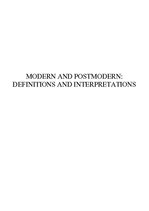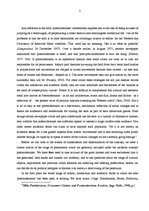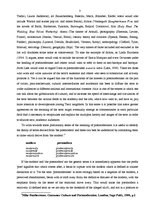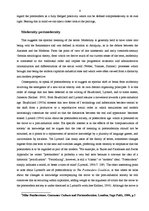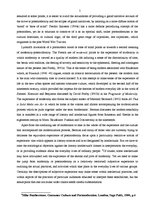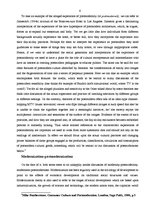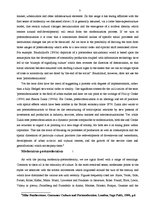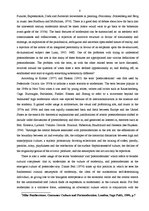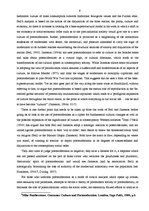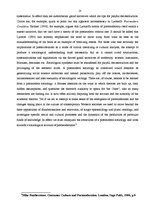Any reference to the term 'postmodernism' immediately exposes one to the risk of being accused of jumping on a bandwagon, of perpetuating a rather shallow and meaningless intellectual fad. One of the problems is that the term is at once fashionable yet irritatingly elusive to define. As the 'Modern-day Dictionary of Received Ideas' confirms, 'This word has no meaning. Use it as often as possible' {Independent, 24 December 1987). Over a decade earlier, in August 1975, another newspaper announced that 'postmodernism is dead', and that 'post-post-modernism is now the thing' (Palmer, 1977: 364). If postmodernism is an ephemeral fashion then some critics are clear as to who are responsible for its prominence: 'today's paid theorists surveying the field from their book lined studies in polytechnics and universities are obliged to invent movements because their careers - no less than those of miners and fishermen - depend on it. The more movements they can give names to, the more successful they will be' (Pawley, 1986). For other critics these strategies are not just internal moves within the intellectual and academic fields; they are clear indicators and barometers of the 'malaise at the heart of contemporary culture'. Hence 'It is not difficult to comprehend this cultural and aesthetic trend now known as Postmodernism - in art and architecture, music and film, drama and fiction - as a reflection of ... the present wave of political reaction sweeping the Western world' (Gott, 1986). But it is all to easy to see postmodernism as a reactionary, mechanical reflection of social changes and to blame the academics and intellectuals for coining the term as part of their distinction games.…
